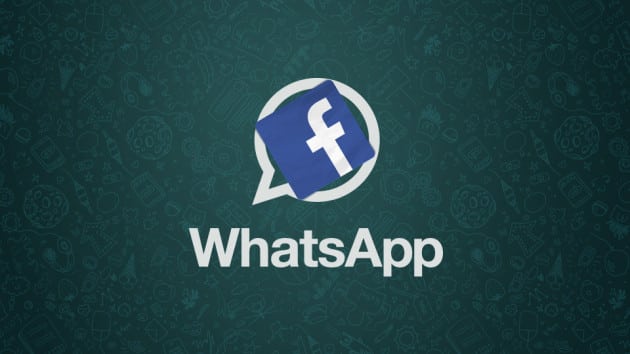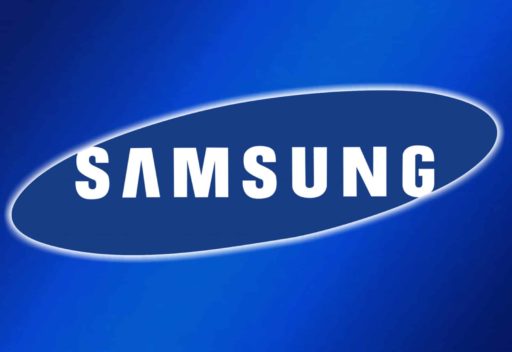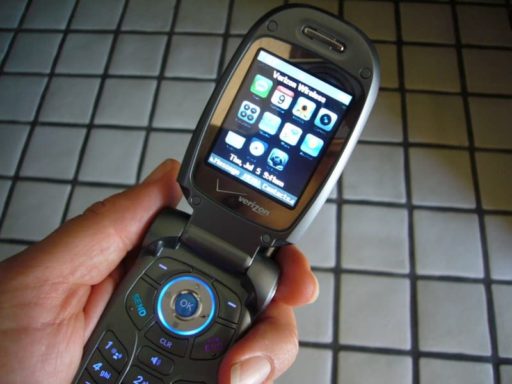Over the years, Facebook has followed the strategy of acquiring the most popular alternate services on the social media. The social network bagged Instagram some time ago and now, it has sealed a $19 billion deal to buy WhatsApp.
WhatsApp has rose to fame as one of the most useful smartphone apps. The texting app comes with no ads, is free for an extensive initial period and later, users are required to pay a mere $0.99 per year. This has helped the app build a very loyal user base without pushing ads on their handsets.
Facebook has tried to acquire Snapchat in the past. The company knows that to stay afloat in the social media, it needs to have a rock solid mobile presence. And while Facebook is getting an increasingly greater number of users migrate to its mobile apps, that is just not enough. So the acquisition of WhatsApp is a very wise move on Facebook’s part.
Commenting on the acquisition, Facebook’s CEO Mark Zuckerberg said, ‘WhatsApp is on a path to connect 1 billion people. The services that reach that milestone are all incredibly valuable. I’ve known Jan for a long time and I’m excited to partner with him and his team to make the world more open and connected.’
The best part is that despite the acquisition, WhatsApp will continue to be independent and no ads will be featured on it. Jan Koum, the co-founder and CEO of WhatsApp, will be joining Facebook as an executive. He will also become a part of Facebook’s board of directors.
The deal rakes in a total of $19 billion, an unusually high figure according to most tech analysts. WhatsApp team will receive $12 billion in stock, $4 billion in cash and another $3 billion in restricted stock units. An official post from WhatsApp assures its users that nothing is going to change for them and that they will continue to use the app like they do now.
According to this post, “Here’s what will change for you, our users: nothing. WhatsApp will remain autonomous and operate independently. You can continue to enjoy the service for a nominal fee. You can continue to use WhatsApp no matter where in the world you are, or what smartphone you’re using. And you can still count on absolutely no ads interrupting your communication. There would have been no partnership between our two companies if we had to compromise on the core principles that will always define our company, our vision and our product.”
In the long run, both Whatsapp and Facebook stand to gain immensely from each other. WhatsApp, for instance, can now build other mobile-oriented products based on the texting app, getting direct help from Facebook’s huge resources and its extensive team.
Source: WhatsApp
[ttjad keyword=”social-media-samrtphones”]




